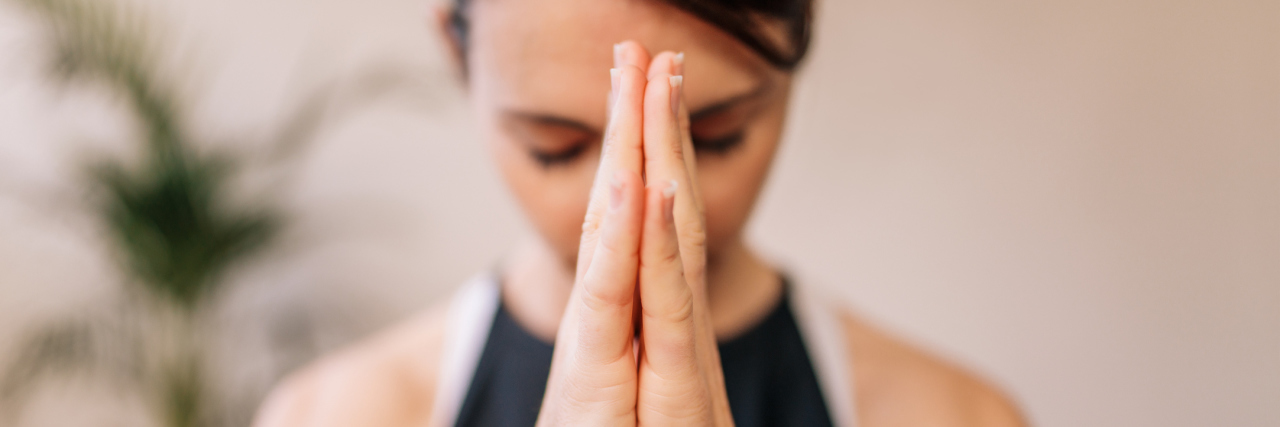I haven’t been able to write lately. Every time I’ve tried, the words have come out jumbled, sentences have conveyed no clear meaning, and the purpose was, well, pretty much nonexistent. It’s no surprise that the sentences you just read sound like essay comments that I write on my students’ papers — I’m buried in that too, but thankfully I’m nicer, more positive to my students than I am to myself when I write comments about their writing. We’re, I think, by nature more patient with others than we are with ourselves.
Patience is, in truth, a challenge. I haven’t been able to write lately for many reasons, but my thoughts are especially jumbled because I’m once again waiting on test results — ones that, if positive, will mean a new major diagnosis to add to the pile, and a new set of circumstances to adapt my life within, yet again. It will mean new circumstances that the people who love me will have to adapt to as well, and I feel badly about that. Sometimes I’m terrified by that. It can be disheartening to know that you’ve followed your treatment plan to the letter, but life and your body you live in have other plans for you.
But while all of those feelings are valid and very present, they’re technically hypotheticals — rough drafts — until the test results come back. Patience requires acknowledging those difficult feelings while at the same time reassuring yourself that the actual outcome might still be different than what you feel it is, and what the initial exams said it was. Patience is balancing fear with hope and acceptance, and that feels impossible when you’re tired, and your jumbled thoughts suddenly assemble themselves and come screaming back at you at 3:00 in the morning. Patience often starts with anxiety.
I have a recurring nightmare when I’m waiting on crucial test results — the big stuff, not the routine stuff — and I can count on it just as much as I can count on my body changing: I’m standing in a room with my daughter and she’s running through the room shouting “Momma! Momma!” in the very particular voice she has when she’s terrified, and I can see her, and I can call to her, but she doesn’t see me or hear me. She remains terrified, looking for me, asking for me, and I can’t make her see me, or feel me when I pick her up. She needs me, but she thinks I’m not there. The dream is a figment of my imagination — a product of a situational anxiety — and I know that rationally, but try telling that to yourself at 3:00 in the morning. Try being patient then.
In reality, we so often put a positive value on patience (it’s a virtue, no less!) and a negative one on anxiety, but that isn’t accurate or fair at all. Anxiety is a biological response that can teach us a lot about patience, hope and acceptance. It’s the precursor to finding the latter. Anxiety allows us, good or bad, to sit with our feelings for a while — to put those feelings so far toward the front of our consciousness that we can’t ignore them or stuff them away because it’s a physical and an emotional response. And when things get that intense, we figure out ways to cope because we have to. Anxiety is not a negative thing. It, in certain ways, teaches us how to begin finding patience, hope and maybe even acceptance. It reminds us that we need to find a way through whatever is making us feel awful at the time.
I don’t know what my test results are going to look like, and I’m sure I’ll have plenty of anxiety to go around before I hear from the specialist, but that is OK. I don’t mind acknowledging that I’m anxious, or that I need to be patient. Maybe even hope a little. Don’t be ashamed of anxiety: it’s part of us, it’s part of life — good and bad — and I would consider being able to sit with it a virtue.
Getty Image by jacoblund

